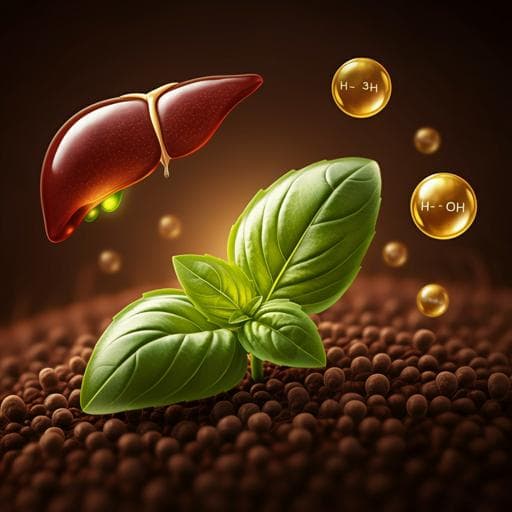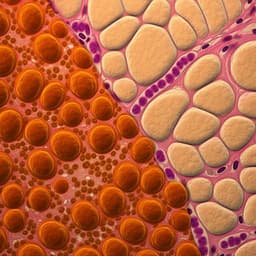
Medicine and Health
High-fiber basil seed flour reduces insulin resistance and hepatic steatosis in high-fat diet mice
C. Farías, C. Cisternas, et al.
Discover how a fiber-rich fraction of partially defatted basil seeds can improve insulin resistance and liver health in high-fat diet-fed mice. This promising study conducted by Camila Farías, Camila Cisternas, Angie Caicedo, Lorena Mercado, Rodrigo Valenzuela, Héctor Calderón, Alejandra Espinosa, L. A. Videla, and Loreto A. Muñoz reveals significant therapeutic benefits worth exploring.
Related Publications
Explore these studies to deepen your understanding of the subject.







